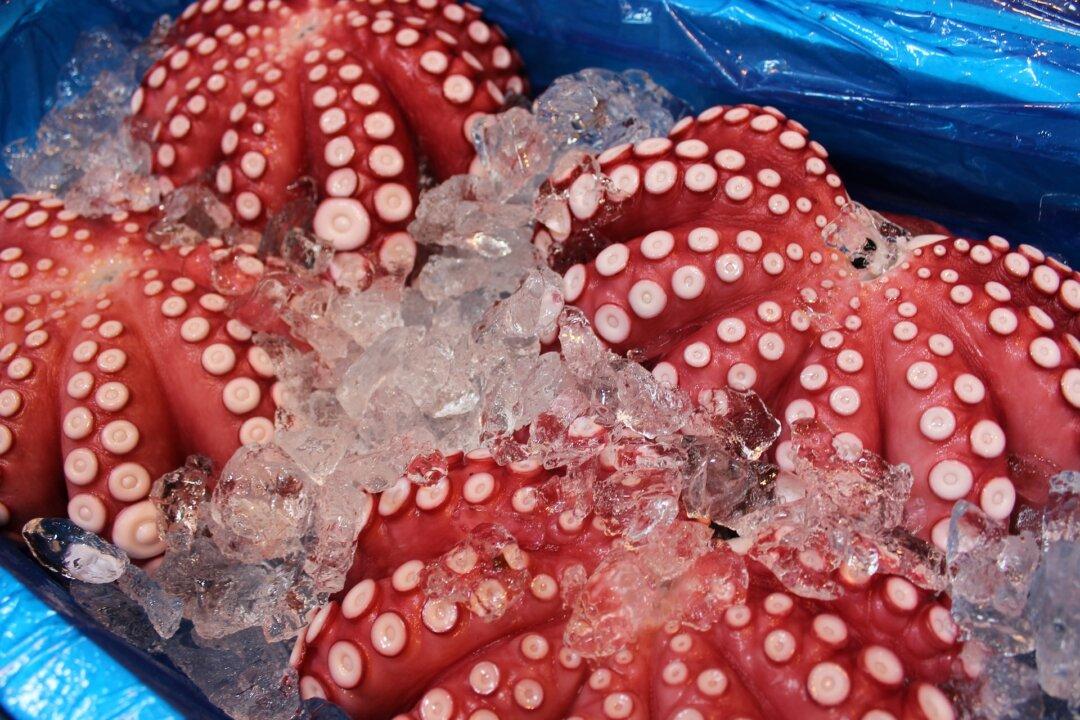Forget “Planet of the Apes.” It should be “Planet of the Octopi,” as seen in the footage below:
The eight-armed mollusk is placed into a plastic jar and the lid screwed on. The octopus then uses its arms and suction cups to remove the lid.


Forget “Planet of the Apes.” It should be “Planet of the Octopi,” as seen in the footage below:
The eight-armed mollusk is placed into a plastic jar and the lid screwed on. The octopus then uses its arms and suction cups to remove the lid.